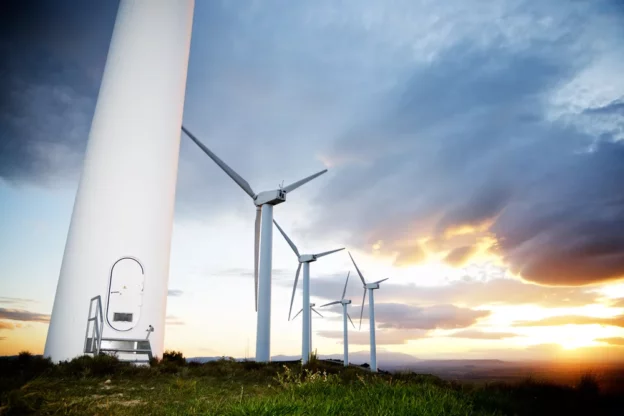In a context of increasing sensitivity towards environmental sustainability and energy transition, the Department of Climate Action has taken a resounding decision, by denying the prior administrative and construction authorization for the Tivissa II wind power plant.
Evaluation and development challenges in Tivissa
This project, promoted by Desarrollos Eólicos Tivissa II and located in the municipality of Tivissa, in the region of Ribera d’Ebre (Tarragona), proposed to establish a wind power plant with a generating capacity of 50 megawatts. The Department’s refusal is based on “an unfavorable environmental impact assessment“, which underlines the importance of balancing the development of renewable energy infrastructures with the protection of the environment and the local social and economic fabric.
The project evaluation process has been exhaustive, receiving a total of 55 allegations from entities and individuals, which shows a high degree of interest and concern on the part of the community. The request for reports from various organizations and local entities, including the City Council of Vandellòs, the City Council of L’Hospitalet de l’Infant, the Council of Baix Camp, as well as various departments of the Generalitat, resulted in mostly unfavorable or conditional opinions.
Community action and response to the wind farm proposal
However, it is noteworthy that the Tivissa Town Council and the Tarragona Provincial Council showed their support for the project, thus highlighting the existence of a complex and nuanced debate on the development of renewable energies in the region.
This decision marks a turning point in the management of renewable energy projects in Catalonia, highlighting the need for constructive dialogue between project developers, authorities and local communities.
The refusal of the authorization for the Tivissa II wind power plant not only reflects the commitment of the Department of Climate Action to environmental protection, but also points to the importance of detailed planning and assessment that considers all environmental, social and economic aspects involved. This case underscores the need to move towards a sustainable energy model that harmonizes renewable energy generation with ecosystem conservation and the well-being of local communities.
Don’t miss any of our posts and follow us on social media!
Inspenet.com YouTube LinkedIn Facebook Instagram
Source: lavanguardia.com

